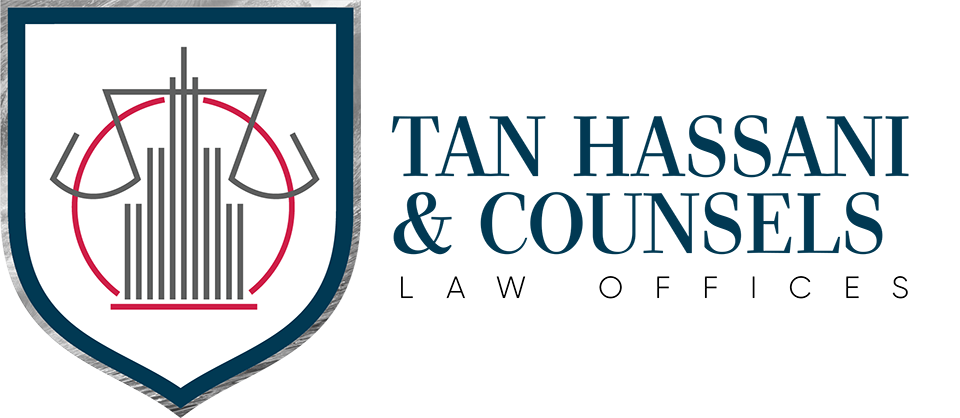Cryptocurrency giant Binance will no longer be accessible in the Philippines in 2024 if the Securities and Exchange Commission (SEC) follows through with its crackdown on unlicensed online trading platforms.
.jpeg)
The SEC said Binance is not registered in the Philippines and is therefore not authorized to sell or offer securities to the public in the country.
“The SEC found that Binance has been actively employing promotional campaigns on social media to attract Filipinos to engage in investment and trading activities using its platforms,” the regulator said in a news release. “An app version is also currently downloadable on Google Playstore and Apple App Store.”
In an advisory, the government regulator said it is giving investors three months to withdraw their investments in Binance, after which access to the platform will be blocked.
“We want to keep the investing public safe,” SEC Commissioner Kelvin Lester Lee told wire news agency Agence France Presse on Thursday. “These entities were given a chance, multiple times, over the last few years to register. The fact that a lot of them chose not to do so…that implies something to us.”
What is Binance?
Binance is the world’s largest cryptocurrency trading platform in terms of daily trading volume. Think of it is like a stock market, only instead of stocks, investors trade cryptocurrencies such as bitcoin, ether, dogecoin, and more than 350 others.
Founded in 2017 in China, Binance moved its headquarters to Japan and then again to Malta, although it currently does not have an official company headquarters. It last reported a profit of between $800 million to $1 billion in 2020 and has not published earnings figures since.
Binance has found itself in hot water in several countries and territories over the years. Just last week, on November 21, Binance and its CEO pled guilty to money laundering charges and was ordered to pay $4.3 billion, one of the largest-ever fines in the history of the U.S.
The company has faced several other legal and regulatory challenges in countries like Germany, Thailand, Canada, India, Australia, Japan, Nigeria, and Belgium. The Philippines is the latest country to be added to this list.
What else is the SEC doing?
According to its statement, the SEC said it has requested Google and Meta (which operates Facebook) to prohibit online advertising from Binance from appearing to users in the Philippines.
The SEC also issued advisories against similar entities, including OctaFX/OctaTrading and MiTrade “as it looks to address the rising number online entities soliciting investments from the public without the necessary licenses.”
SOURCE – Esquire. Some parts of the article was edited to match timelines.
